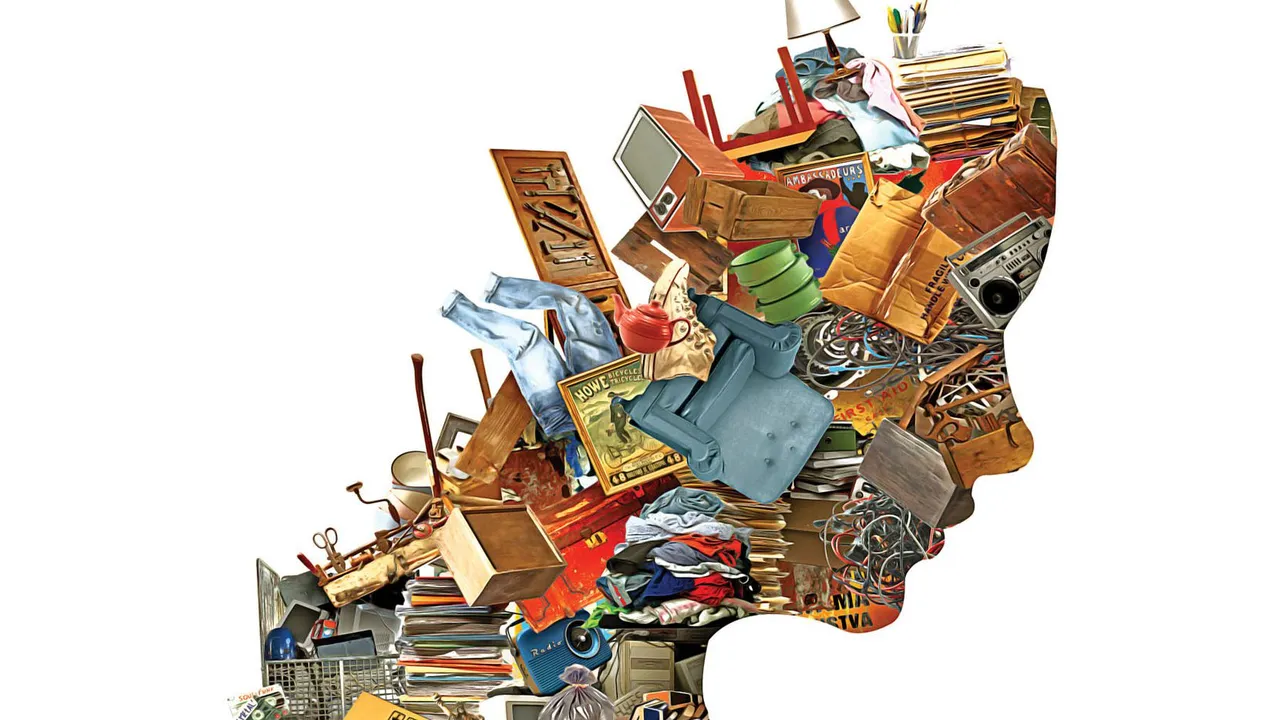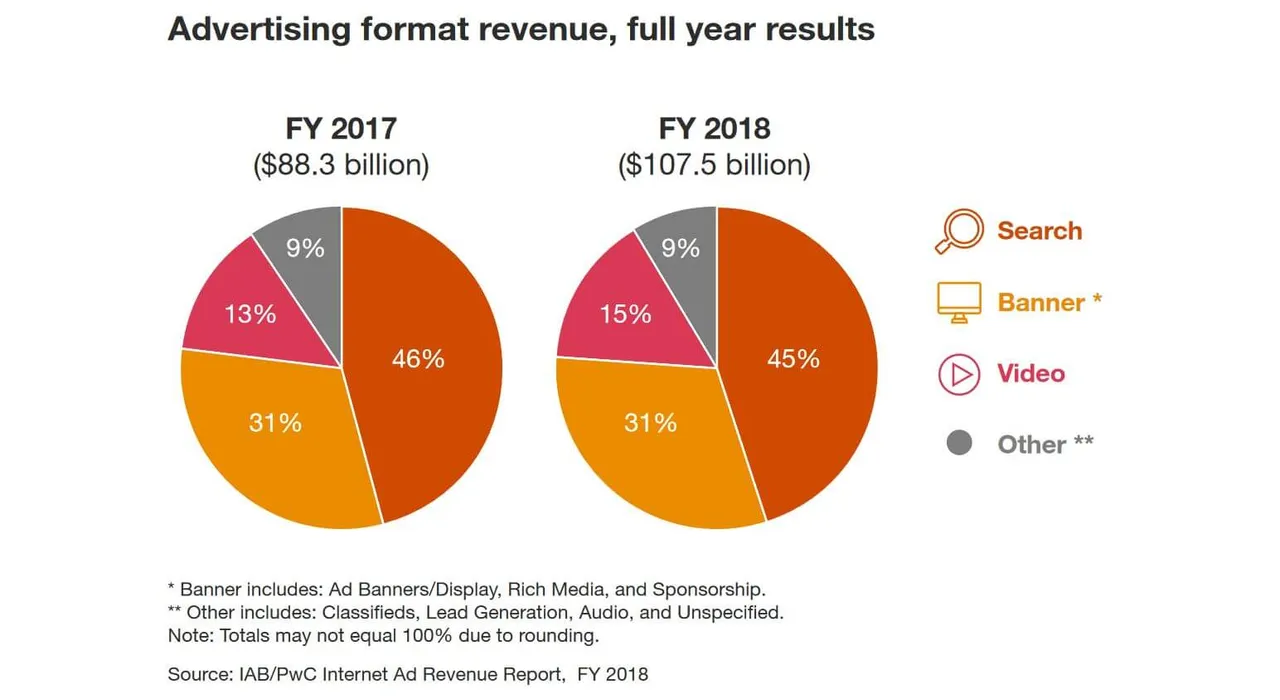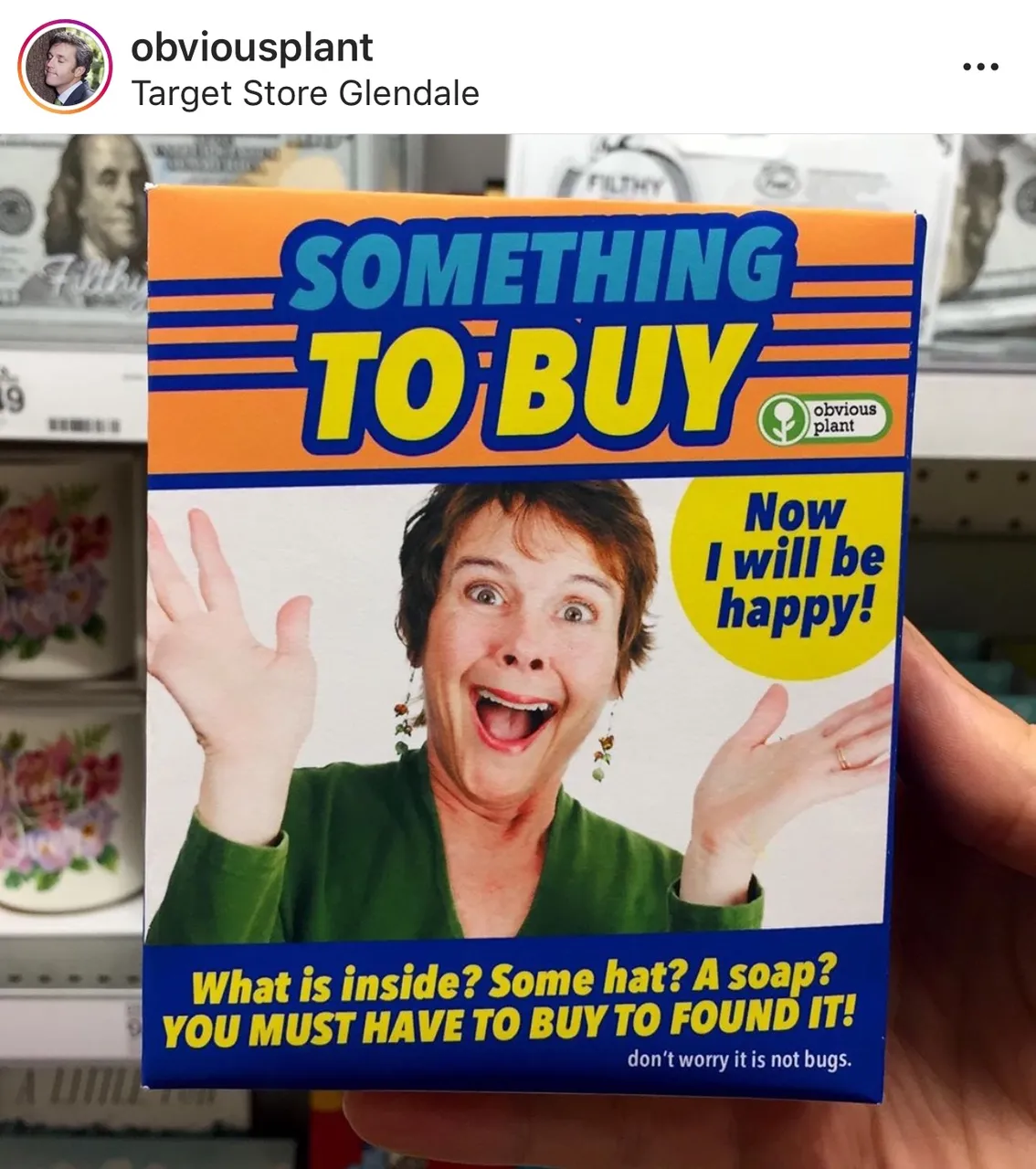
I never wanted much
Throughout my life I’ve been pretty lucky; I’ve almost always had food on my plate, a roof over my head & for the most part, good people around.
That’s not to say that there haven’t been things that I wanted, or at least thought I wanted. And that’s kind of what I want to talk about here.
You don’t need it.
’Stuff’ You know, The stuff that you have to cram into your wardrobe to make it fit, the stuff you put in the kitchen drawer & hold on to ‘just in case’ and the stuff you buy to make room for more stuff!
George Carlin makes some great points in this ‘old but gold’ rant

There have been some changes in my life lately that have made me consider what is important. I’ve taken a good look at the things I’ve acquired over the years and I can’t help but wonder how a lot of it got there, or even why I’m still holding on to it - things I used once or twice a few years ago, clothes I never wore & gadgets that I had no real use for…
There wasn’t a lot of this stuff, but I still wondered how and why it got into my life and why I still have it.
Why?
If you look around your home, I’m sure you’ll find that you have quite a few things you don’t use or can’t remember using. But why does this stuff make its way into our homes?
Well, nobody forces us to make purchases or accept these things, but take a look at this ‘fun’ chart that I found relating to relating to Ad spending in the US last year:

Wow. This is just online ad spending, it doesn’t account for TV, print media or other forms of advertising.
It’s a huge industry, designed to sell you the dream.
Sell the sizzle, not the steak. -Elmer Wheeler (1920s)
Advertisers learned long ago that it was more effective to market products on how they could improve your life rather than what they were. I don’t have a problem with advertising as such - it’s great that it creates jobs and if you’ve ever needed something to finish a project, how else might you have found out about what you needed?
The issue, I think, comes from products that seek to fix a problem that never existed:

Just imagine how much better your life will be with this revolutionary new stuff!
Retail therapy is a lie.

Retail therapy is an effective, though potentially expensive, coping mechanism.
http://www.forbes.com/sites/rent/2015/09/03/retail-therapy-does-it-help/
Several coping strategies can be used during stressful periods in our lives, these are the two that I’d like to focus on:
- Adaptive
- Maladaptive
Adaptive mechanisms improve your ability to deal with the stresses and strains, these things include actions like exercise, problem-solving and meditation. These things aid in your ability to deal with what’s going on around you and although it seems like a no-brainer ‘problem-solving’ might be the number one thing that could get you back on track.
These things sound easy and they can be, but to participate in these activities requires some extra effort on your behalf.
Enter Maladaptive strategies
Hey, you know what else you can do to ‘deal’ with all your problems? Deny they exist, drink heavily or become socially withdrawn.
So pretty much the exact opposite to the adaptive strategies, these tend not to deal with the issues rather than allow you to ignore them for a while.
Guess what? They’re super easy to do!
I think ‘Retail Therapy’ is more aligned with maladaptive strategies. A temporary fix, allowing you to feel better for a short period while not addressing the underlying cause of the stress. What is most interesting to me is why drinking isn’t referred to as ’Alcohol therapy’…
Living with less
I’ve been having a clear-out in preparation for moving. I took inventory of the things that I’d accumulated and considered what I needed. I’ve donated a couple of bags full of clothes to charity (there were things I hadn’t worn in over a year, if ever.) I gave away a lot of items to my friends who thought they would find them useful/liked them and now I’m left with what I could easily move in one car journey.
It didn’t feel difficult to do, but it did take some time for me to make the time to do it. Clearing these things out made me feel pretty good, after all - it’s less ‘stuff’ to worry about.
Please don’t misunderstand - I’m not encouraging you to not buy anything, rather, consider whether you or somebody else has convinced you that buying these things will make you happy (hint: They probably won’t. Not for long anyway.)
Header image: Here
All other images have source noted in image.